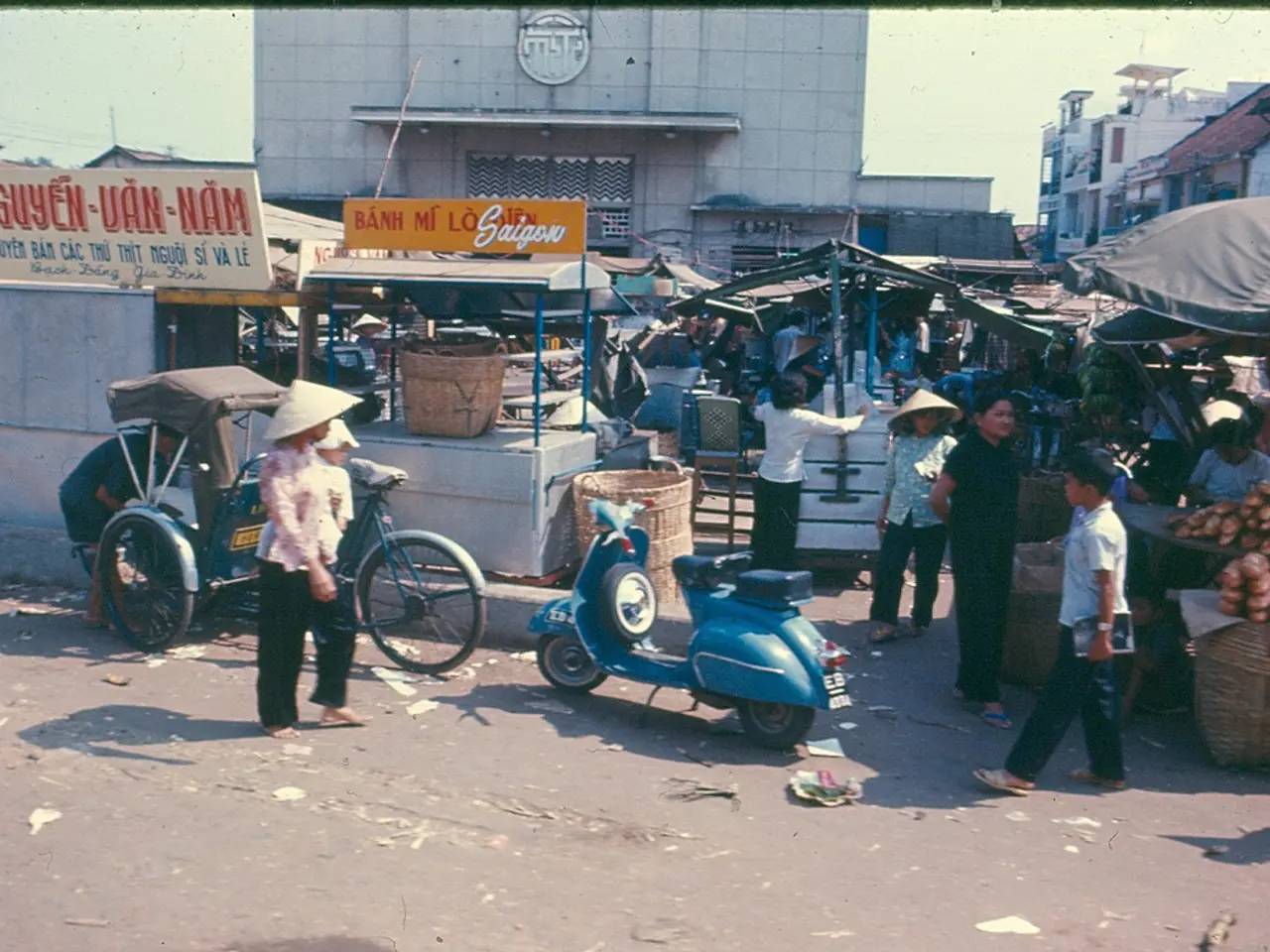Increased demand and limited land availability make Cape Town and Durban popular investment destinations
Cape Town and Durban, two bustling cities in South Africa, have emerged as some of Africa's most investable logistics and industrial markets. These cities are currently experiencing strong demand, rising rentals, low vacancies, and land scarcity, driving growth in premium industrial space.
Current Market Conditions & Rental Trends
In Cape Town, strong investor interest and tenant demand have led to rising rentals. The city's low-risk profile is attributed to land scarcity, stable governance, and a tech-savvy tenant base. Key development areas include expanding new nodes like Brackengate and Richmond Park, as well as the revitalization of older industrial hubs such as Epping and Parow.
Durban, home to Africa’s largest container port, is a critical hub for imports and exports. The city's logistics market benefits from heavy throughput in container and breakbulk cargo, supporting industrial warehousing demand. Despite a decline in rail container movement, operational improvements in port efficiency continue to be a significant factor.
Market Drivers
The growth in e-commerce and a global pivot towards resilient, climate-adaptive supply chains are major demand drivers. Companies and investors increasingly seek industrial assets aligned with long-term sustainability, operational agility, and strategic location. The rise of temperature-controlled and specialized warehousing supports sectors such as pharmaceuticals and perishables, especially in Cape Town’s logistics market focusing on reefer cargo.
Future Outlook
Both metros are forecasted to remain the most attractive industrial investment hubs in Africa due to scarce land and ongoing demand. The demand for future-proof, high-quality industrial space is expected to increase in line with broader economic shifts, including supply chain regionalization, an emphasis on digital technologies and logistics innovation, and enhanced infrastructure and port modernization projects.
South Africa aims to improve logistics efficiency, positioning Cape Town and Durban as gateways to Southern African trade by 2030. Asset valuation and investment due diligence now include climate risk in both Cape Town and Durban.
In summary, Cape Town and Durban’s industrial and logistics sectors exhibit strong rental growth driven by strategic location, supply chain shifts, and evolving market demands, with a positive outlook as industrial hubs focused on climate resilience, infrastructure upgrades, and long-term sustainability. Development hotspots such as Brackengate and Richmond Park are expanding in Cape Town, while Durban remains attractive to owners due to stable demand and long-term leases from logistics operators near the port.
- The increasing interest in e-commerce and the global shift towards resilient, climate-adaptive supply chains are driving demand for industrial assets in both Cape Town and Durban that align with long-term sustainability, operational agility, and strategic location.
- In Cape Town, the logistics market is focusing on reefer cargo due to the rise of temperature-controlled and specialized warehousing, supporting sectors such as pharmaceuticals and perishables.
- The future outlook for both metros is positive, with a forecasted increase in demand for future-proof, high-quality industrial space in line with broader economic shifts like supply chain regionalization, emphasis on digital technologies, and logistics innovation, as well as infrastructure and port modernization projects.
- As the industrial and logistics sectors in Cape Town and Durban continue to show strong rental growth due to strategic location, supply chain shifts, and evolving market demands, they are becoming more attractive to sports businesses seeking climate-resilient and sustainable infrastructure.







